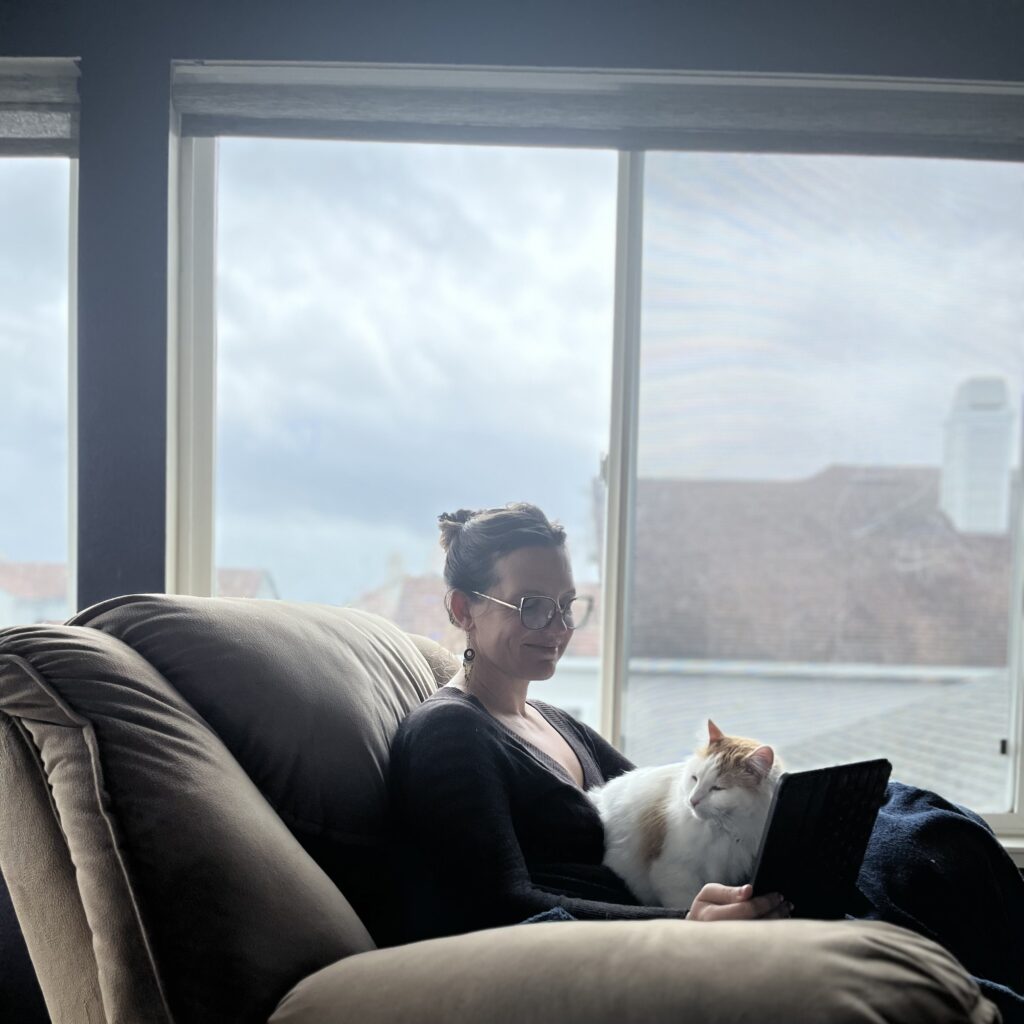I quietly opened to queries ten days ago for the first time in over two years. I was closed for so long mainly because my clients were turning in multiple manuscripts regularly. It was averaging 30 manuscripts a year, which meant there was no time nor room in my head for deep-reading fulls in my submission pile. And the idea of opening up to queries was daunting, I’d been hearing from others how there’s been a surge in submissions since lockdown. But a few things aligned that pushed me forward. Most important, I caught up with my clients. On top of that my baby is now posed to enter toddlerhood, so the newborn days are a foggy memory. And lastly we revamped the website at the agency (check out the new Kimberley Cameron & Associates site, it is lovely, professional, and friendly in my totally biased opinion).

Once I made the decision to seek new clients, I realized I was ready, keen even, to read subs. When over a hundred submissions rolled in that first weekend, I was surprised, but not overwhelmed, jumping in late at night, as the baby slept curled against me. I tweaked my submission form a few days later to find the quickest way to work through them thoughtfully, and plowed on in the odd hour I could find here or there. I skimmed through some fantastic pitches and lovely samples, all of them had potential, but only a few I set aside for further consideration. This is the easy part, the scanning, skimming, flicking through text. If this was all there was to it, writers would never have to wait long for a response.
But of course that’s not how it works. Many of you probably have partials or fulls that have been with an agent for months, even a year. Sure enough, five hundred submissions later, I’m slowing down. The maybe pile is growing. As eager as I am to find a new client or two, I’m not going to rush this part. Although I can enjoy a quick read, see potential in a few sentences, I’ve learned from experience that I have to truly sit with and deeply read a manuscript in order to absorb it, to have an editorial vision for it, to know if the connection I feel will be enough to champion it through the ups and downs. And that is a must before I take on that manuscript for representation. To find that vision, I have to be in that “Deep Reading” space. There’s a fantastic interview by Ezra Klein with literary scholar Maryanne Wolf on the difference between scanning and deep reading.
Both methods are valid, and indeed necessary when I’m considering submissions, but a deep read is the final step before I would offer representation, and it’s the most difficult to achieve. The research done by Wolf and others of the neuroscience behind the different ways we absorb information, is fascinating and enlightening and helped me further define how I want to work. It has also meant clarifying something I had already sensed, that I was going to take longer than ever to read and consider fulls for representation. But I have to be okay with that, and I hope after reading this, writers will choose to query me (or not) with this deeper understanding of my process.


Jaymi Gooden
May 26, 2023 at 12:17 pmThanks for posting this. I had a full request rejected after it sat with an agent for four months. She said a lovely sentence or two about it but it still hurt, and I admit, I felt cheated. I had waited months to hear back only for her to essentially say thanks but no thanks, but I didn’t realize how often agents are in the querying trenches with us—the amount of queries received on a weekly basis (and she was a heavy-hitter so I know she got a lot), the fulls, the partials, and all while catering to the clients already on your roster. Rejection isn’t fun, but it isn’t the worst part; the worst part is the waiting. Ten days after a submitted query feels like 100, and getting a rejection after 100 actual days feels like a slap, but myself and other querying authors need to understand that it’s not intended to. Writers are sensitive and obsessive, and after months or years of rejection, maybe we have a right to be, but that doesn’t mean others in this industry, like agents, aren’t giving it their all, too.
Mary C. Moore
July 13, 2023 at 11:07 amIt’s one of the most difficult aspects of this business, the constant rejection. I have to deal with it on my end from editors, and I agree it’s super hard not to take it personally. The best you can do is continue looking forward, you can’t control how others are going to react to your submission, but you can continue writing/reading/submitting new project. Eventually you will have enough content under your belt that you won’t have all your eggs in the one manuscript and it will be a little easier (not much) to navigate all the rejection.